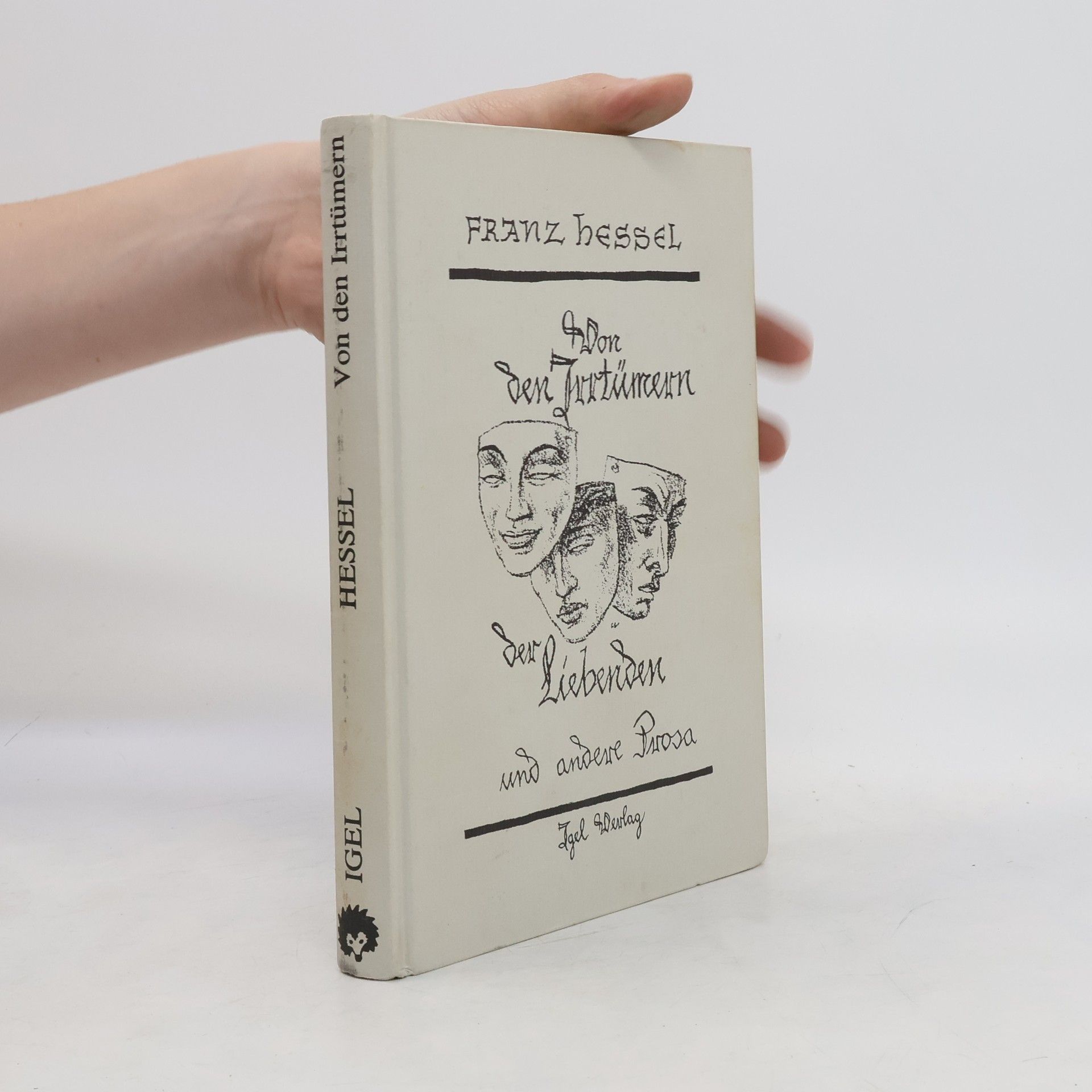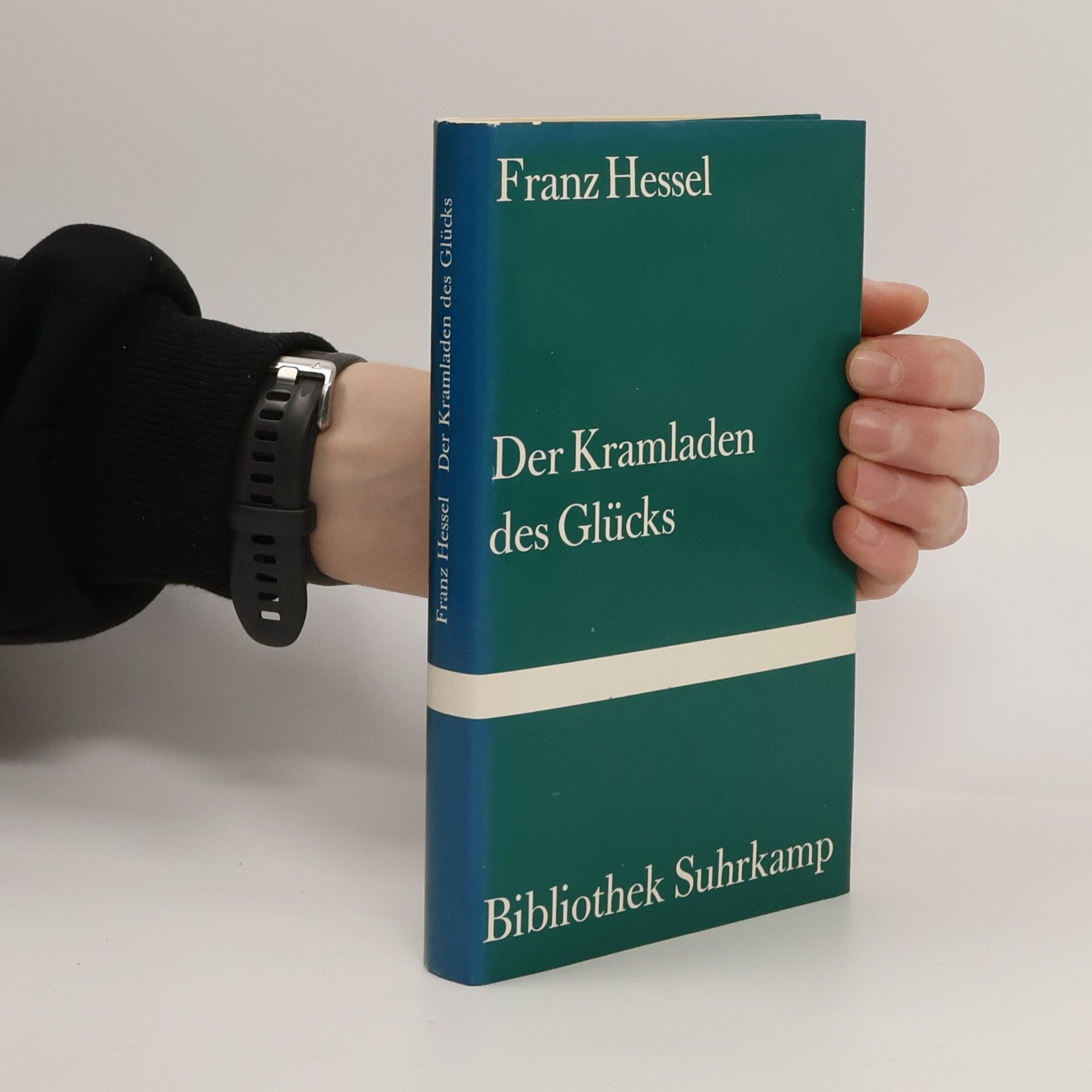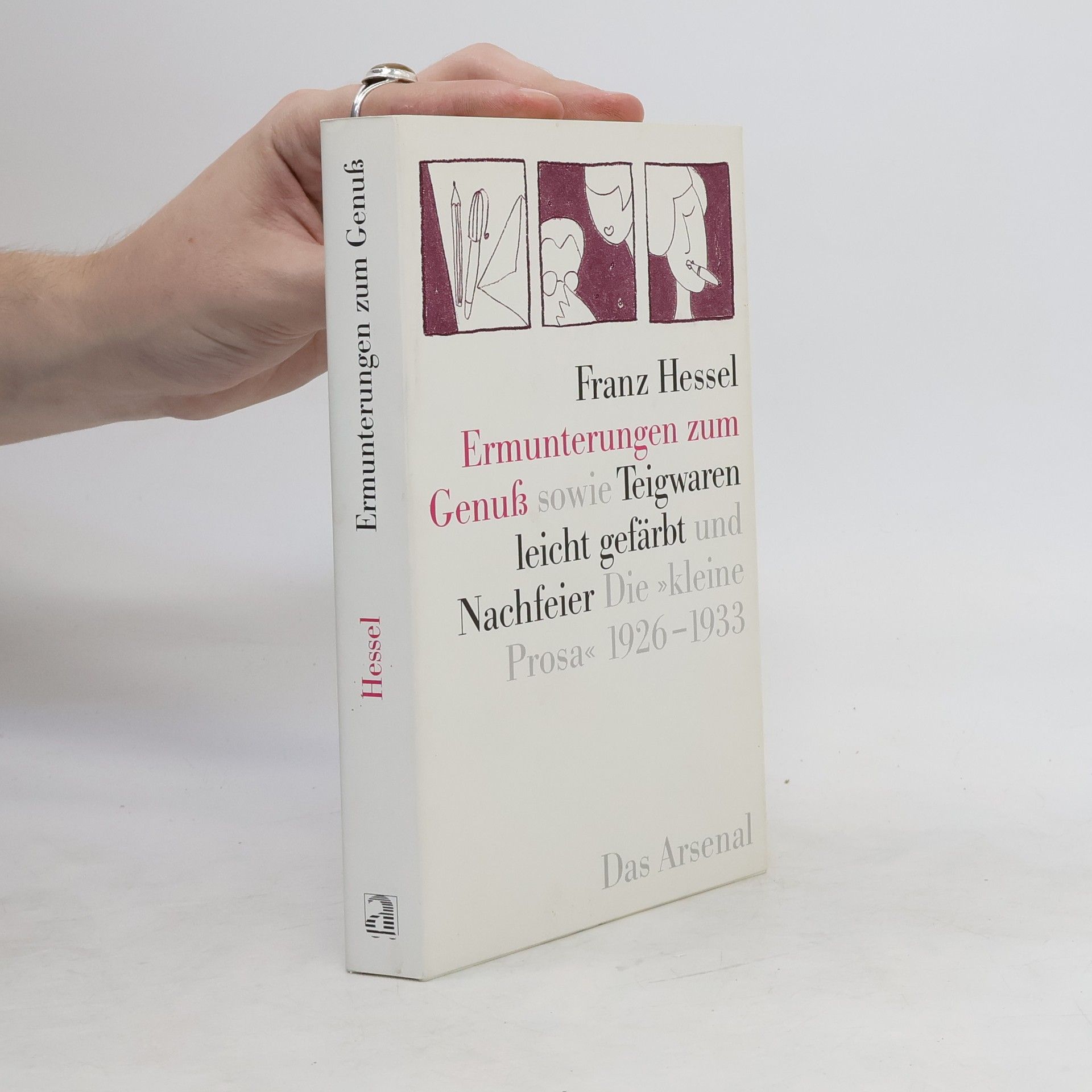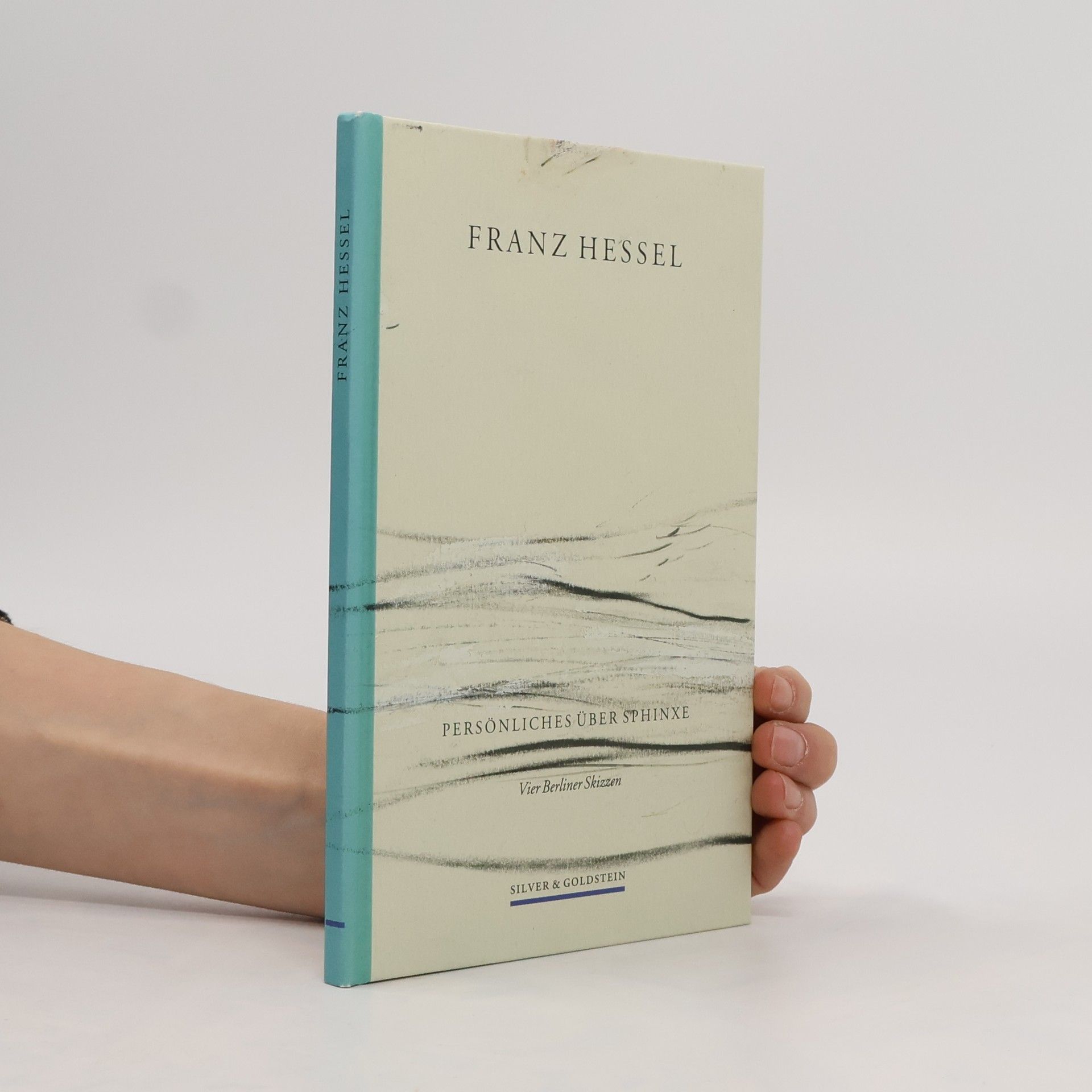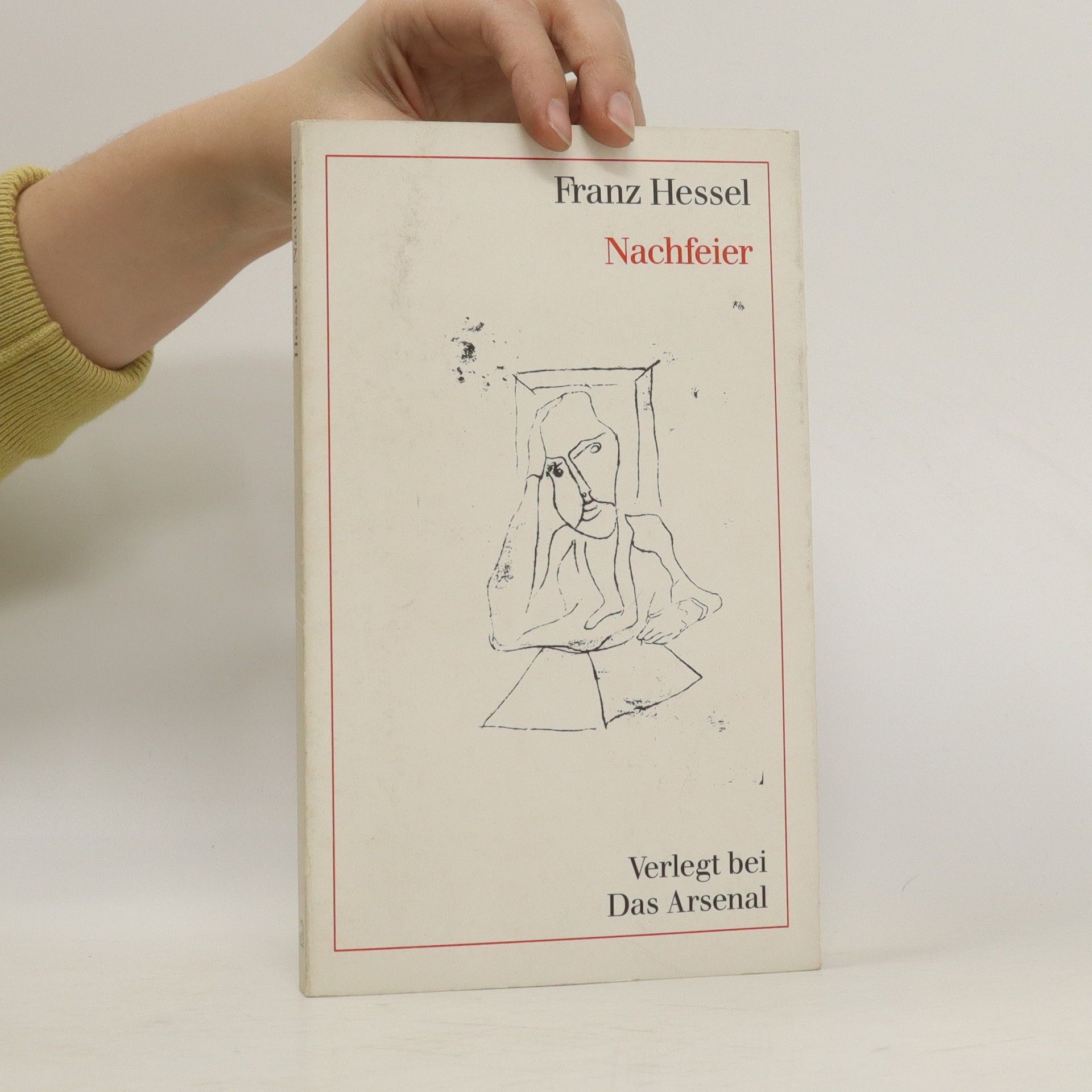In Berlin
- 29 pages
- 2 hours of reading
These two high-spirited essays present a pedestrian's-eye-view of 1920s Berlin, a city that is simultaneously down-on-its-luck and booming. Francophile writer and translator Franz Hessel brought the role of the flâneur to the streets of Berlin, capturing the rhythm of city life in his perceptive writings, and recording evidence of the seismic shifts shaking German culture. Hessel presents glimpses into the exploits of his bohemian friends, as well as encounters with working people struggling to adjust to the new times. Gently ironic, yet with much affection for his subjects, Hessel's sterling prose is at once classic and fresh. Praised by Walter Benjamin, In Berlin is a dazzlingly complex tapestry of life in the vibrant, turbulent capital of the Weimar Republic.
